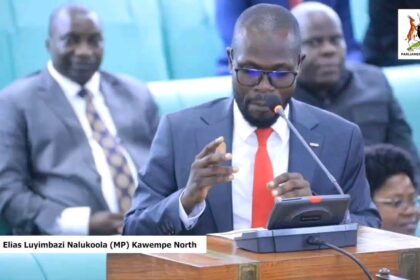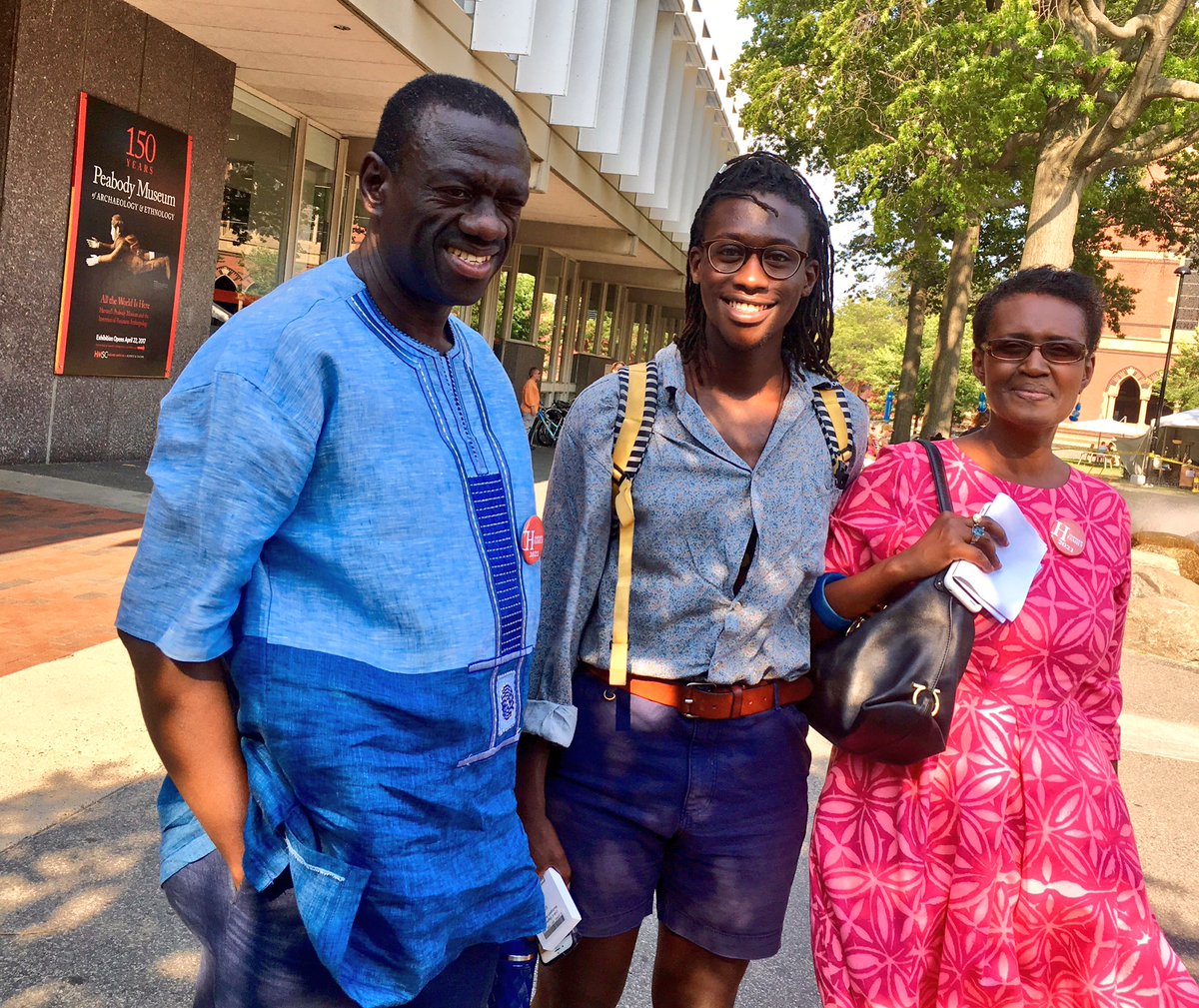Land inequality in Uganda is tremendously increasing leaving many families homeless.
Because of inequality the development success Uganda registered earlier is now regressing. Between 2013 and 2017 the percentage of people living in poverty increased from 19.7 to 21.4 (from 6.7 million to 10 million people).
Speaking at the lunch of Oxfam Uganda book last week, Persis Namuganza,the State Minister for lands said the commonest cause of land inequality in Uganda are the rich people taking chances over the vulnerable poor people.
“People have come from nowhere and take chances over poor people by evicting them from their land, in turn, the evicted people are going to encroach on wetlands, cutting trees down in forests looking for a place to live which may also influence climate change,” she said.
In the same spirit, she said one of the ways of avoiding land inequality is to empower vulnerable groups so that they get informed of their land rights. She also hailed Oxfam Uganda for empowering women, especially in Northern Uganda.
“ As a woman, I’m happy that Oxfam is empowering communities especially our women, because a woman who is empowered, will be able to defend her property,” she added.
How to stop land inequality according to Oxfam Uganda report released last month;
1. Reviewing and reforming unfair land laws and policies. Existing land laws and policies must be brought into line with the constitution and with regional and international standards.
2. Put ordinary people before wealthy investors. The government should see ordinary Ugandans as drivers of growth, not passive beneficiaries of large-scale projects headed by a foreign investor. Emphasis should shift from commercial agriculture to equipping small-scale farmers with the skills, knowledge and technology they need to improve the productivity of their land.
3. Improve the dispute resolution mechanism. Land tribunals should be revived and properly funded. LCs should also be better funded. The government should reform the Land Fund to be more transparent and inclusive.
4. Train judicial officers in gender, social norms and inequality. Even the most well-meaning judicial officers might have their decision influenced by social norms. Judicial officers should be trained on issues such as how social norms affect women’s property rights.
5. Improve land evaluation. The government should build the capacity of the institution involved in the valuation of land to ensure fair and timely compensation for displaced people. A comprehensive social impact assessment should be carried out before land is assigned for large-scale projects, considering the long-term costs for local communities.
Do you have a story in your community or an opinion to share with us: Email us at Submit an Article






